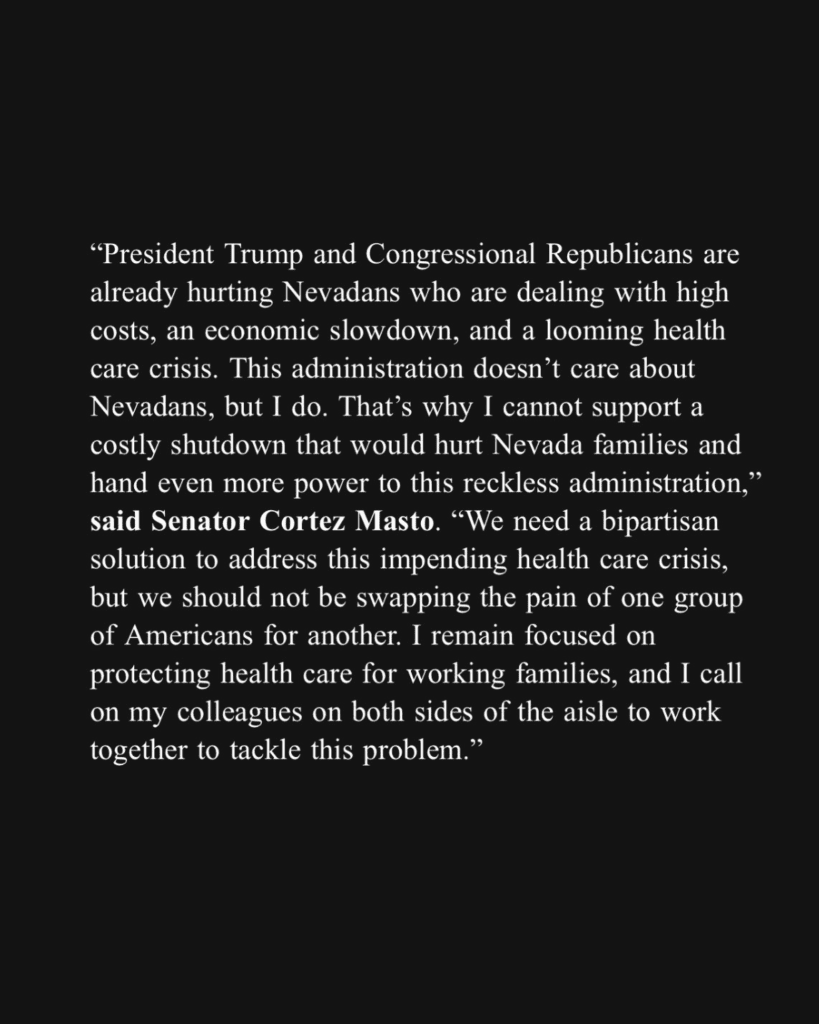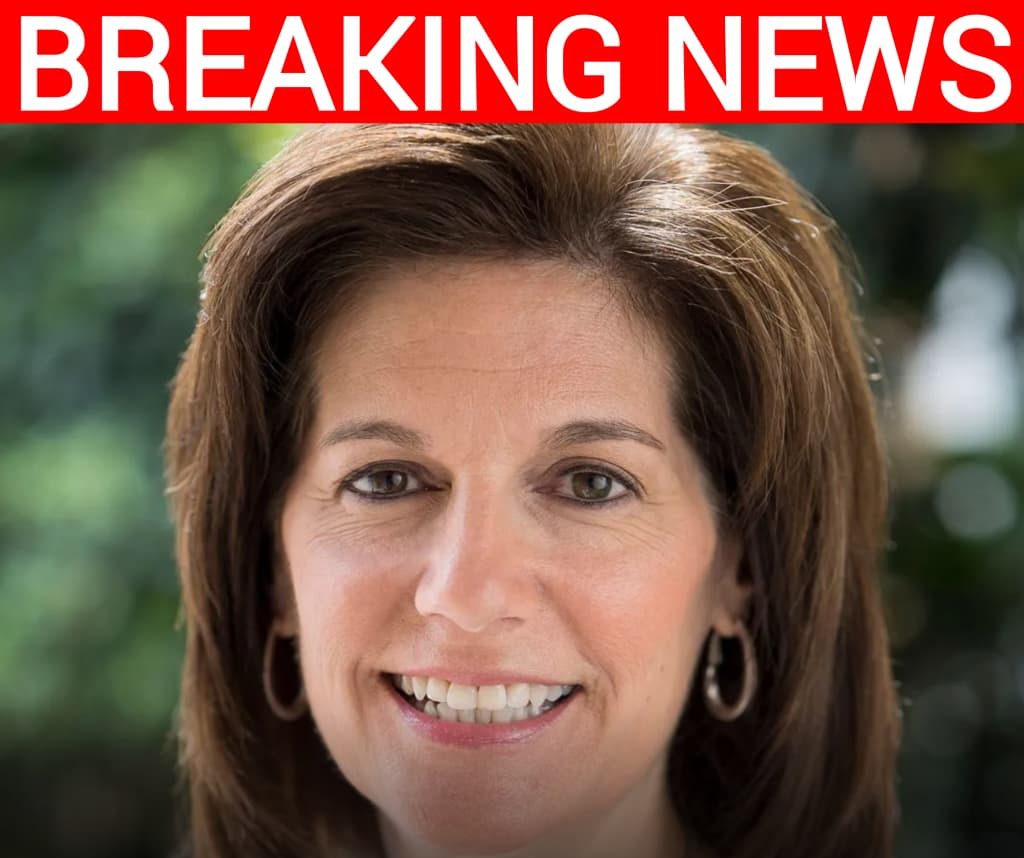Catherine Cortez Masto Helps Republicans Keep Government Open After Ransomware Chaos and Soaring Health Care Costs
On a chilly March evening in Washington, D.C., Nevada’s junior U.S. senator, Catherine Cortez Masto, found herself at the center of a political storm. The nation was hours away from a partial government shutdown, and the Senate was gridlocked over a stopgap funding bill known as the Full‑Year Continuing Appropriations and Extensions Act, 2025. For Cortez Masto, the decision was personal. She comes from a state that relies heavily on federal workers and services, and she had watched Nevadans endure hardship during previous shutdowns. In 2019 the Congressional Budget Office estimated that a five‑week shutdown shaved about 11 billion dollars off the U.S. economy and reduced quarterly growth rates by 0.2 percent. Much of that damage was never recovered. Having seen the economic pain that followed, she knew another closure could be disastrous.

There was also the matter of a health‑care system struggling under soaring costs. Federal data show that U.S. health spending grew 4.1 percent in 2022 to 4.5 trillion dollars, driven by rising Medicaid and private insurance costs. Many Nevadans face high medical bills and thin margins. In late August 2025 a sophisticated ransomware attack hit Nevada’s state government, shutting down websites and crashing critical systems for more than a week. The Nevada Independent reported that the attack brought down state servers and created confusion about what services were functioning. Driver’s license offices were shuttered and basic state services went dark, illustrating how fragile the state’s infrastructure could be if government systems failed. Days later Governor Joe Lombardo announced that DMV offices would resume processing registrations and that no personal data had been stolen. The scare underscored how dependent everyday life is on functioning public institutions.

Against that backdrop, Cortez Masto broke with most of her party and voted for cloture on the stopgap measure, helping Republicans clear the 60‑vote threshold to end debate. As Roll Call later reported, nine Democratic senators joined Minority Leader Chuck Schumer on the procedural vote: Richard Durbin of Illinois, Kirsten Gillibrand of New York, John Fetterman of Pennsylvania, Catherine Cortez Masto of Nevada, Jeanne Shaheen and Maggie Hassan of New Hampshire, Brian Schatz of Hawaii and Gary Peters of Michigan, along with independent Angus King. That 62‑38 vote allowed the Senate to proceed to a final up‑or‑down vote with only a simple majority needed. In other words, Cortez Masto’s vote with Republicans was not on the substance of the bill but on the question of whether the Senate should debate it at all. She later explained that she could not support a shutdown that would hurt Nevada families dealing with high costs and an uncertain economy. Her stance mirrored the arguments she and other moderates made during the 2019 shutdown: keeping the government open protects paychecks, benefits, and health care for ordinary people.
Once debate concluded, the Senate approved the continuing resolution 54–46. According to Roll Call, several Democrats who voted for cloture opposed the final bill, including Cortez Masto, because they preferred a shorter funding patch that might have forced negotiators back to the table. Ultimately only one Democrat, New Hampshire’s Jeanne Shaheen, and independent Angus King voted for final passage. Nevertheless, Cortez Masto’s procedural vote was enough to draw ire from progressive activists on social media who accused her of siding with Republicans to fund what they saw as a harmful budget. It also ignited praise from some constituents who appreciated that she prioritized keeping government doors open amid uncertainty.

Cortez Masto’s decision cannot be divorced from events at home. The ransomware attack left families unable to renew vehicle registrations or access vital records, and it highlighted just how disruptive government breakdowns can be. She has also been vocal about the strain rising health costs put on working families and has advocated for lowering prescription drug prices. The experience of watching a cyberattack cripple her state reinforced the need for stable funding of cybersecurity and public services. When she spoke about her vote, she reminded Nevadans that a shutdown would cut off paychecks for thousands of federal workers in a state already coping with high inflation and post‑pandemic economic headwinds.
In the end, President Donald Trump signed the stopgap bill, and the government remained open through Sept. 30, 2025. For Cortez Masto, the episode was another example of the messy, often misunderstood decisions lawmakers must make to balance principle with pragmatism. She did not support the final bill, but she believed allowing debate to proceed was the lesser of two evils. Her story illustrates that bipartisan votes are sometimes necessary to avert crises, even if they come at the cost of party unity. It also serves as a reminder that behind every dramatic headline are families trying to keep their lives running—people whose health care bills need paying, whose jobs depend on functioning government, and who cannot afford another prolonged shutdown. Keeping their needs in focus may not make for flashy political theater, but for senators like Cortez Masto it remains the guiding force behind difficult choices.



